Today we’re going to talk about basements. I get a lot of calls from people, a lot of emails from people who have a basement area and want to do something with it in terms of audio so today we’re going to talk about basements and how they can be good and bad, blessing and a curse. So they’re great because they’re surrounded by earth and concrete, earth and concrete are really dense barriers so we have an opportunity here to have a room that we would never be able to have on the surface because the cost of building it would be so great. to achieve those kind of densities which is what barrier technology is all about we’d have to have lots of dirt, lots of concrete.
So in a basement we have both of those going so we have a good barrier isolating us from noise all right. Our pressure areas in the room are lower because we don’t have any external noise to deal with. I think a lot of us have listened to music in basements, some of us has started our career doing music in basements, I know I did in in the basement of my house and I was always amazed at how much more defined the attack and decay rates and everything else were and then I take my system upstairs to my bedroom where it was a wood frame stucco home and it was completely different. I had less size, I had less volume and of course less rigidity and flexibility in the structure so completely different sounds.
Another good thing about basements is we have large widths and lengths so those will compensate there for the curse and what is the curse? The curse is the ceiling height. In North America most of the basements we work in here can be as low as six and a half feet or seven & a half, very rarely do I see eight, and most of them range from six, six and a half to seven and a half so we have a very low ceiling height. We know from discussions that that’s going to produce a lot of pressure, at seven-foot, we take the speed of sound divided by seven you can see that everything below everything 160 cycles or so is going to be problematic and simplistic forms. yes it cycles, yes it goes back and forth, I get all that but the bottom line here is we have a lot of low frequency pressure to manage with a seven-foot ceiling.
What’s the other issue? We have a good boundary, we have a good barrier, we have earth and concrete so what does that do? That keeps sound out and keeps sound in okay so it does let all that sound stay in the room so the only place for that excess pressure to go especially below 100 cycles is up through the first floor. So a lot of my clients that want to do something in the basement and have concerned about the noise going up the first floor, completely abandoning the concept because the cost of treating the floor or the ceiling of the basement is so expensive it just kind of negates the whole budget of the project. So if noise is going to be an issue above the basement when you’re down there, you’re going to have to really put the numbers to it give it some serious thought and like we said before, with concrete and Earth’s surrounding the basement the pressure has no place to go. Sound is like water, it will go to the weakest link in the structure, usually in buildings it’s the windows and doors, in basement it’s the first floor. So basements, both a blessing and a curse, great for barrier materials, great for quiet low pressures inside the rooms but trouble with the smaller ceilings if the energy has no place to go with the concrete and earth surrounding it so goes up through the floor so take all these considerations into play when you’re looking at your basement. Thank you.
—
This is an unedited transcript from our video series from Acoustic Fields. There will be some errors in grammar and sentence structure that occur during this translation process.
For complete understanding and comprehension, please view the video which is included in this text. For any additional information regarding this topic or others relating to room acoustics, please contact us directly at:
P: 520 – 392 – 9486


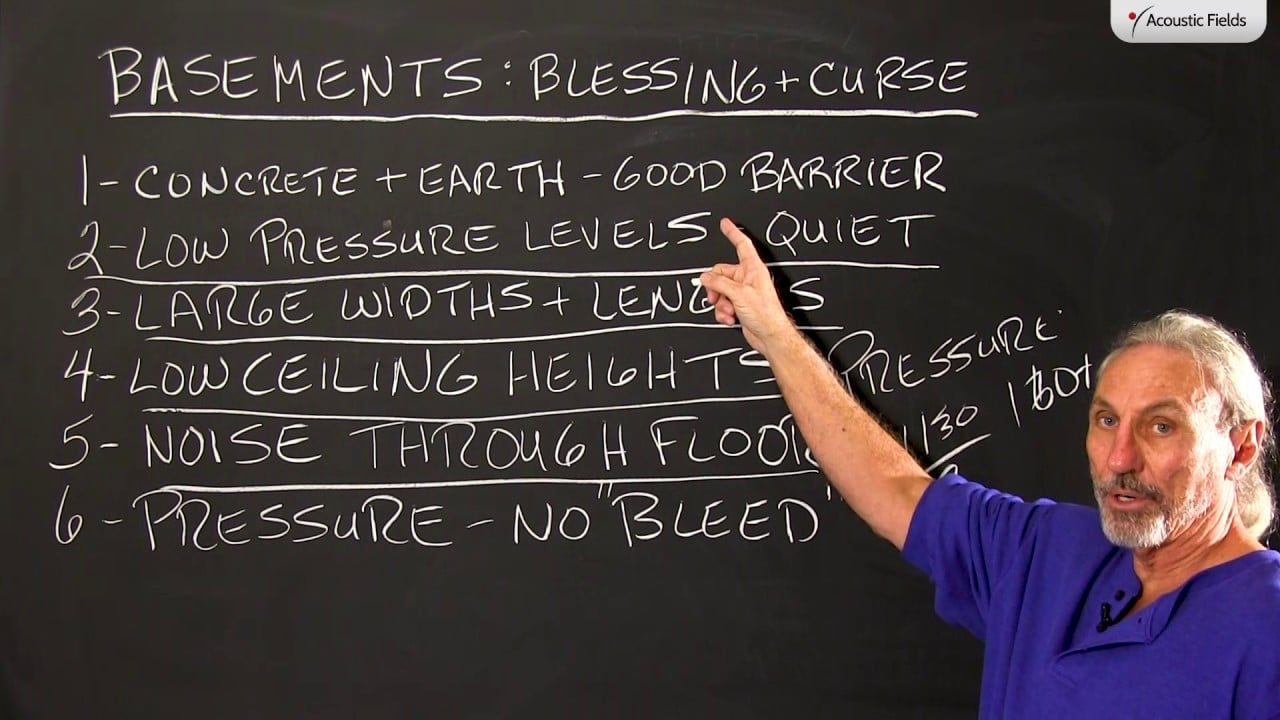

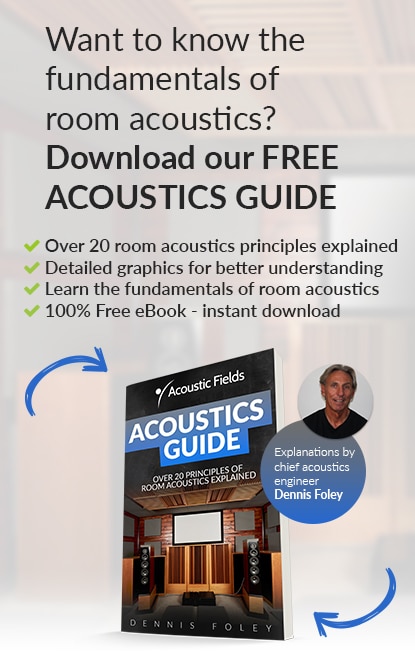
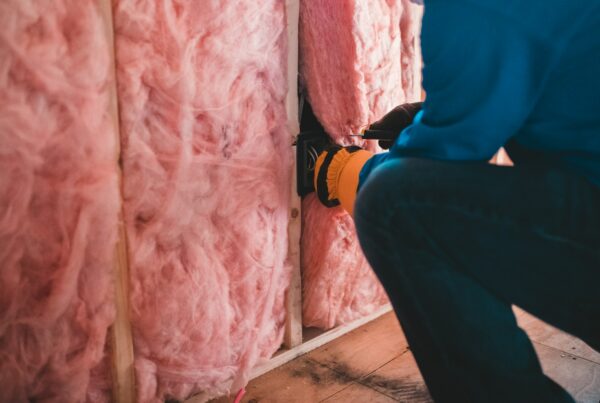
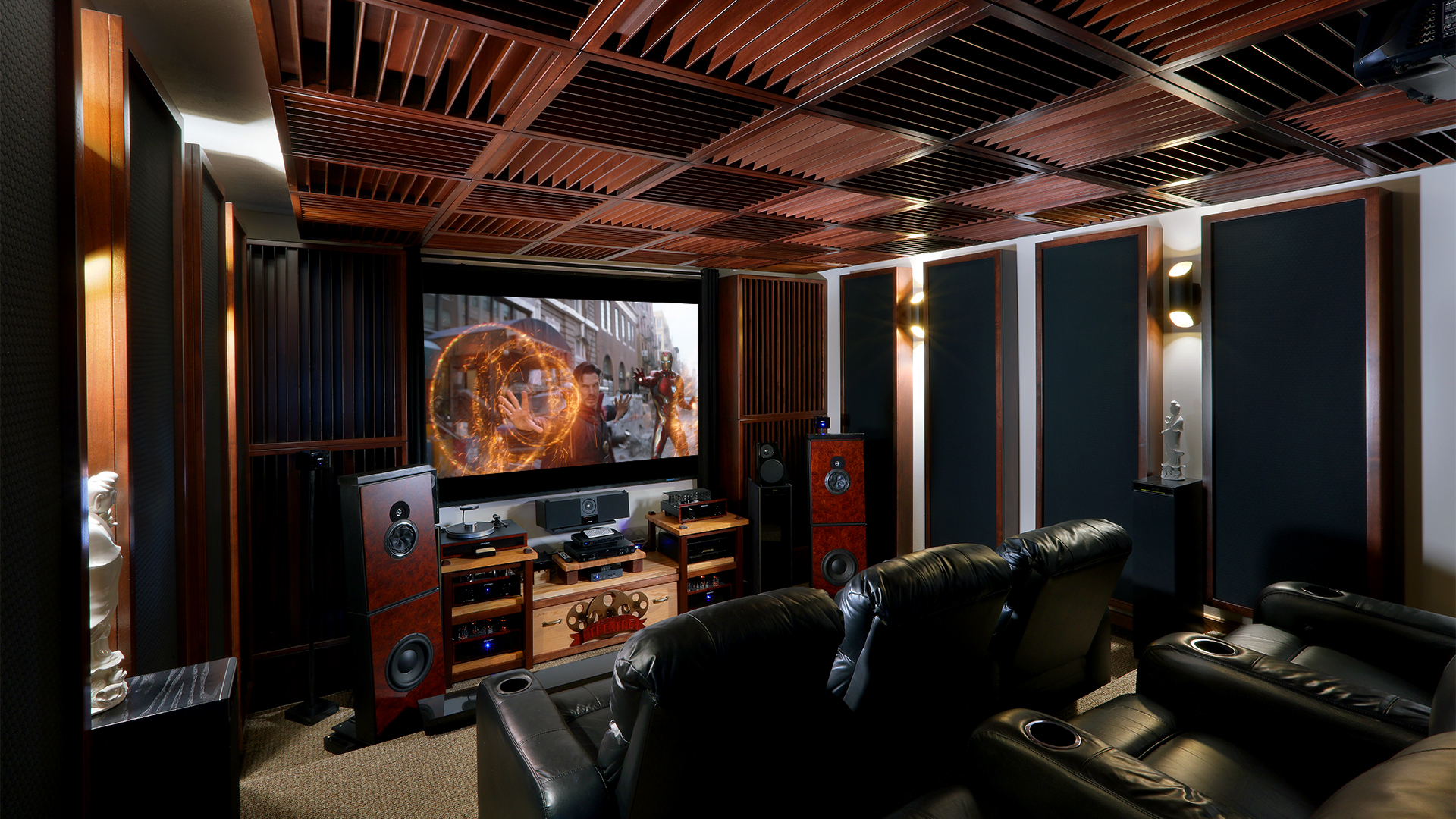
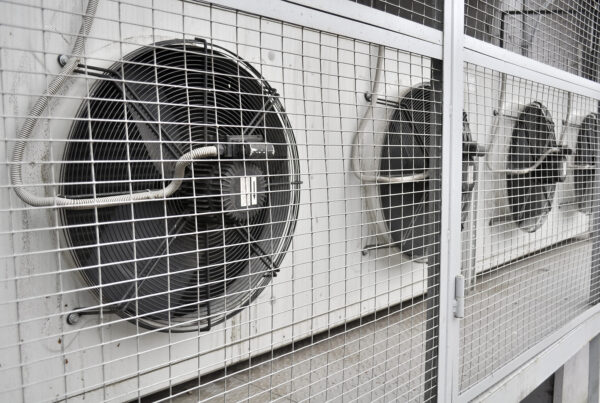
The discussion on ductwork noise transmission from Acoustic Fields highlights crucial aspects of HVAC system acoustics. The movement of air…
Great build plans. thank you Denis
You must use absorption. Never place a chair against a wall.
A friend and I built several diffusors using these plans and they turned out absolutely beautiful. Very good instructions and…